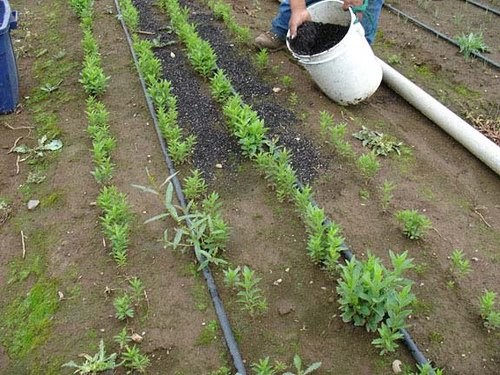Did you know using charcoal dust can help improve crop yield and cut production costs? David Winyo, an agronomist, says charcoal dust serves as homemade biochar that provides potassium crucial for root development in crops.
It also improves the soil’s moisture and nutrient retention capacity greatly raising its fertility. Through nitrogen immobilization, charcoal also reduces the weeding rate for farmers.
Some farmers in HomaBay County who have adopted this fertilization method have experienced improved yield on low production cost while still maintaining the soil health.
The farmers mix charcoal dust with inorganic fertilizer at a 1:1 rate with a spoonful of the mixture being fed per hole during the planting. Fertiliser alone is used during top dressing.
“When I visit the homes of farmers we have been evangelizing to, I’ll see a mound of charcoal dust waiting to be used come planting time.
Farmers also inform us that their crops are as lush green as they’ve ever been while their yields have only gotten better.” says Winyo.
Anthony Wambua: Man finds fortune in cereal business trading 1,000 tonnes per week
Grace Githaiga a farmer in Nyeri who uses charcoal dust to grow vegetable says the method has helped her cut production cost by nearly half.
Githaiga applies charcoal dust, sawdust, organic manure, and fertilizer after every three planting seasons.
”I use sawdust to retain moisture in the soil and charcoal dust to keep diseases and pests at bay. I mix the two with manure and apply them on the farm a week before I plant. I then add small quantities of DAP fertilizer a week after planting,’’ she says.
Professor Mary Abukutsa of Jomo Kenyatta University of Agriculture and Technology says that charcoal has carbon that makes soil more fertile.
“There is scientific evidence that charcoal applied to soils significantly increases crop yields and improves soil fertility. Charcoal dust also helps decrease nutrient loss through leaching by percolating water,” says Abukutsa.
”The pores in charcoal provide a suitable habitat for many micro-organisms by protecting them from predation and drying,’’ she adds.









